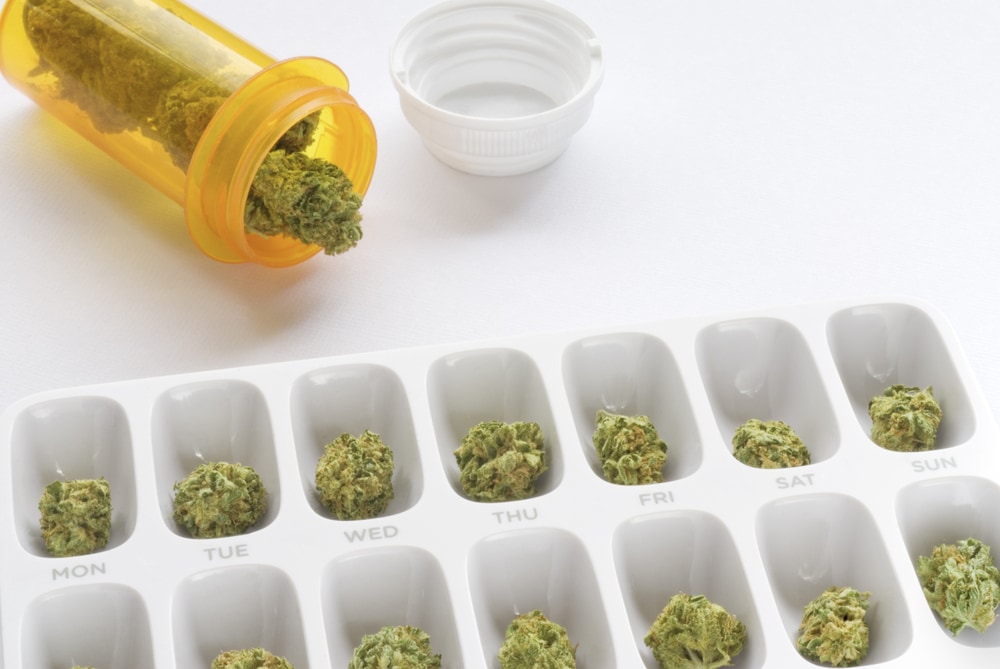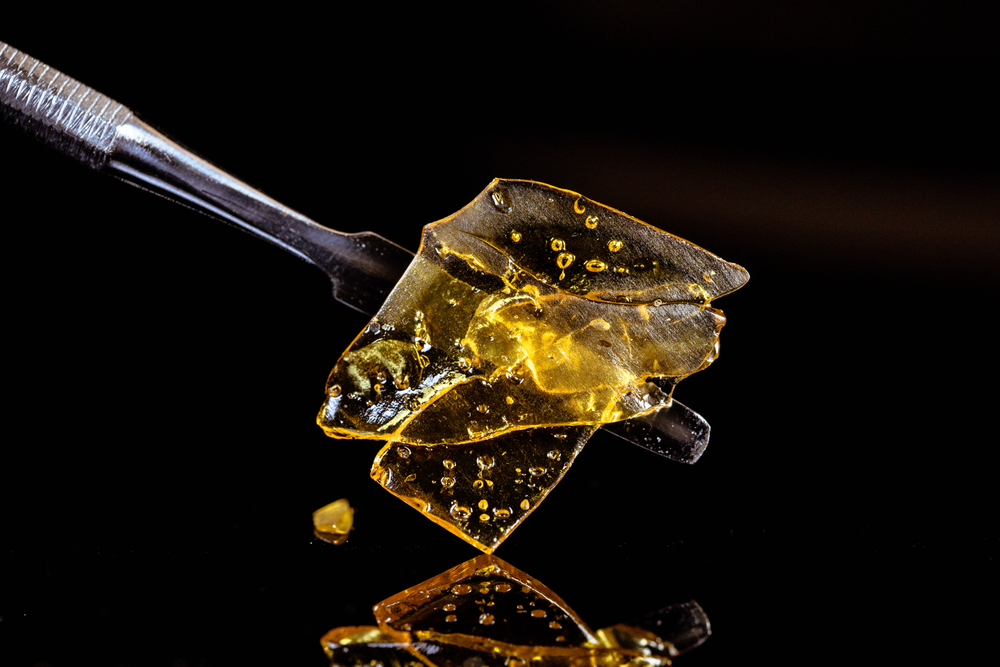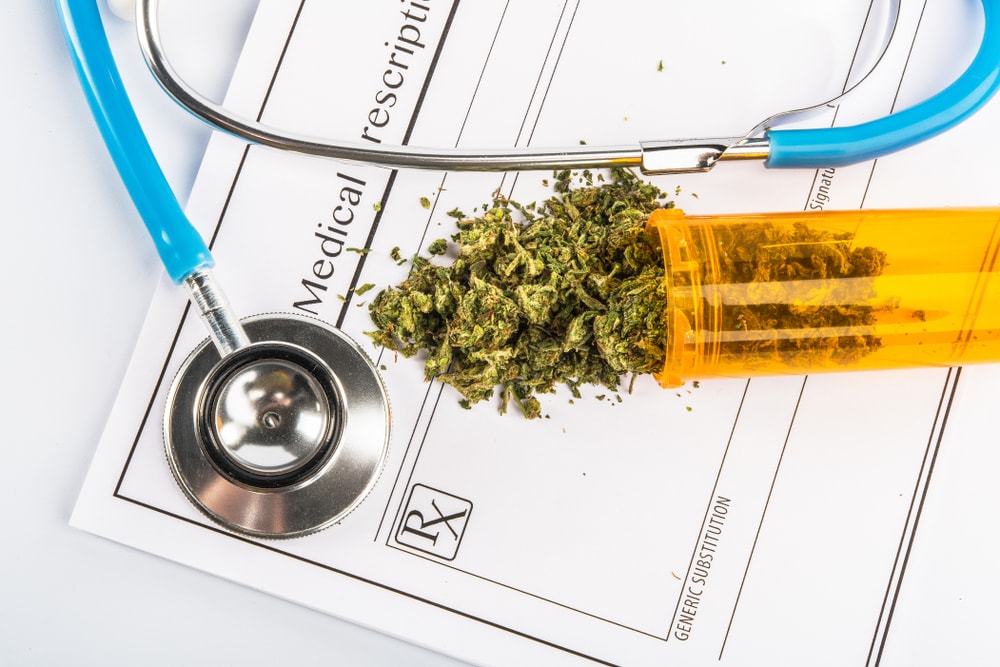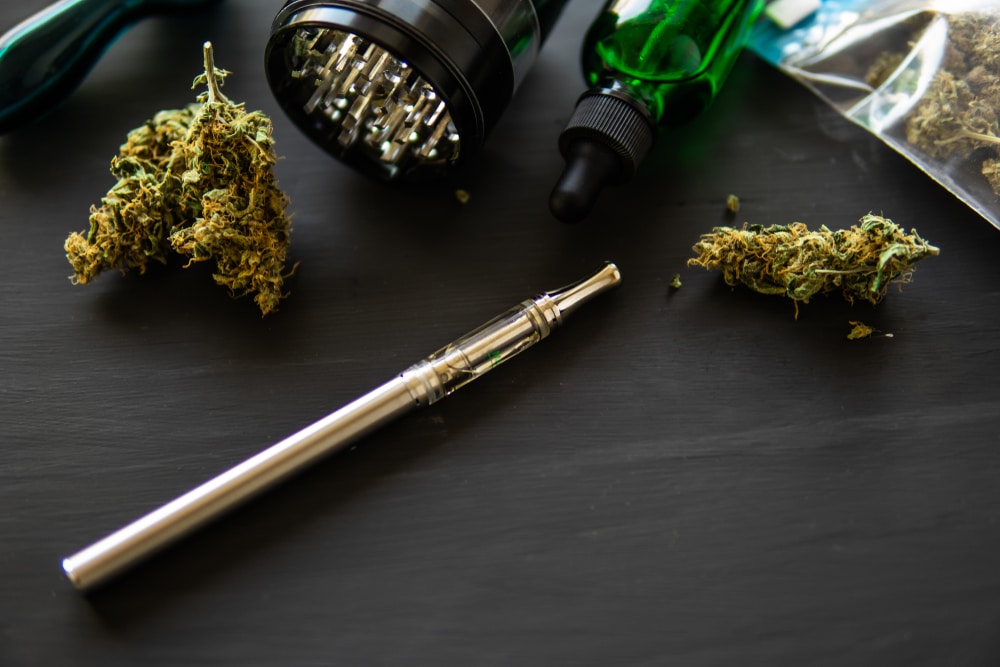The effects of cannabis use are seemingly very short-lived, but the same can’t be said for how long it’s detectable through drug tests. The active ingredients and byproducts of marijuana may stay in your system for days - although it’s hard to say precisely how long. In this article, we’ll be focusing on all the details you should know.
Read on to learn about delta 9 tetrahydrocannabinol (THC) testing from different aspects:
- Types of testing
- Factors that influence detection (dosage, fat %, level of hydration, genetics, etc.)
- How to get marijuana out of your system faster and how to pass a drug test.
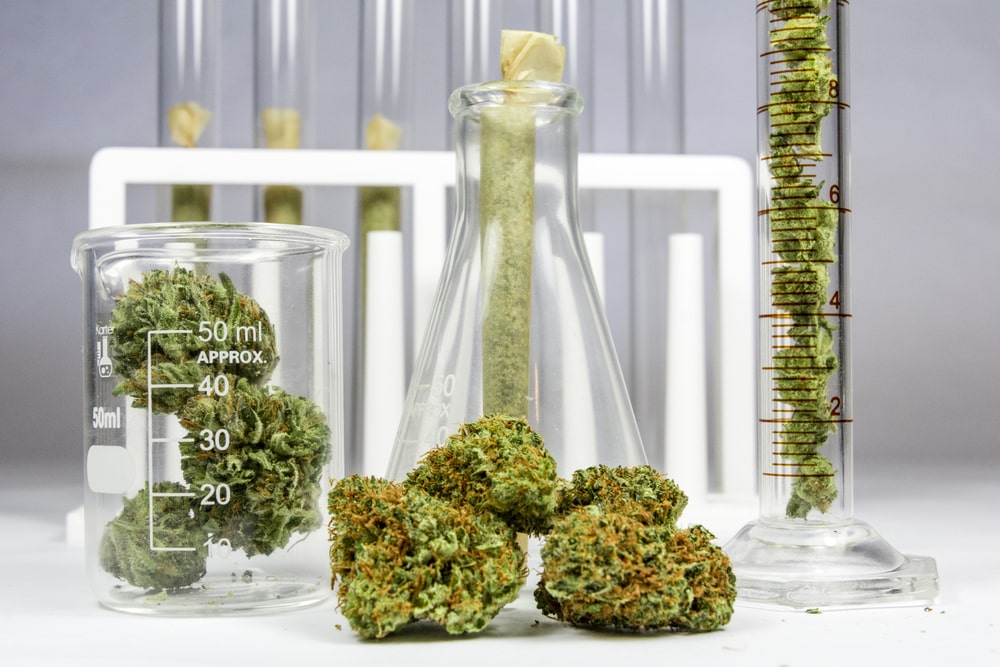
What happens if you fail drug screening?
Depending on where and why a person is tested, the following scenarios are different. We’re looking at different possibilities on an international scale. But bear in mind that depending on the legal status of marijuana in a given country, fail drug tests may mean different things.
Employment
If you’re being tested by an employer (be it a blood test or something else), there isn’t any legal danger. If you test positive, there are two possible negative consequences:
- You’ll be denied the job. If you’re tested for cannabis during pre-employment, you’ll simply be denied the position. They might not be required to do so by law, but it’s usually a big red flag for prospective employers.
- You’ll be fired. If you’ve been working for the company for an extensive, you might receive a warning. But if marijuana use is a recurrent habit, the employer has the right to terminate your employment status immediately after.
If the employer managed to detect marijuana in your body, don’t worry. It’s not going to stay on your public record. However, they might keep an internal record in case you re-apply later.
There are exceptions:
- Jobs with the Department of Transportation can ask for potential employees’ previous results.
- Some THC screenings might go on your medical record. Someone with clearance for medical databases can access them.
- People with probation/parole violations or criminal convictions face harsher consequences.
Here are some examples of safety-sensitive employees that might be subject to drug testing (and that be subject to legal consequences in case they fail it):
- Healthcare specialists
- Flight crew members, air traffic controllers, aircraft dispatchers
- Emergency response crew members
- Locomotive engineers
- Government workers
- Biotech and pharmaceuticals workers
Child care
In most countries, there are special policies in place for people in direct contact with children. This includes supervision, instruction or transportation, or other paid duties. Events that qualify for reasonable suspicion testing are:
- Deterioration in job performance;
- A specific incident;
- Changes in behavior.
If tested positive, there will be immediate disciplinary action. However, unless the child was harmed, there won’t be any involvement from the police.
Post-accident
Marijuana screenings are only performed in the following cases:
- There was an injury requiring medical attention away from the scene;
- There was a fatality;
- A vehicle was heavily damaged.
These must be performed within 32 hours. If failed, the person will face the aftermath of driving under the influence. Additionally, the insurance company will most likely deny his claim.
Voluntary
If you fail the screening that you decided to take on your own, there are no legal risks. Labs aren’t obliged to report failed tests. Moreover, there are laws explicitly protecting the individual’s privacy.
Different types of cannabis testing
As previously stated, the length of time in which marijuana stays in your body varies. This will be discussed in the next sections. In the meantime, let’s see how different types of tests affect detectability. We’ll be looking at the following samples and their detection times:
- Urine
- Saliva
- Blood
- Hair
Ultimately, you’re more interested in procedures rather than the actual THC metabolites in your system. You’ll be surprised to learn that you may test positive when a lab is using hair as a sample but come back negative with urine.
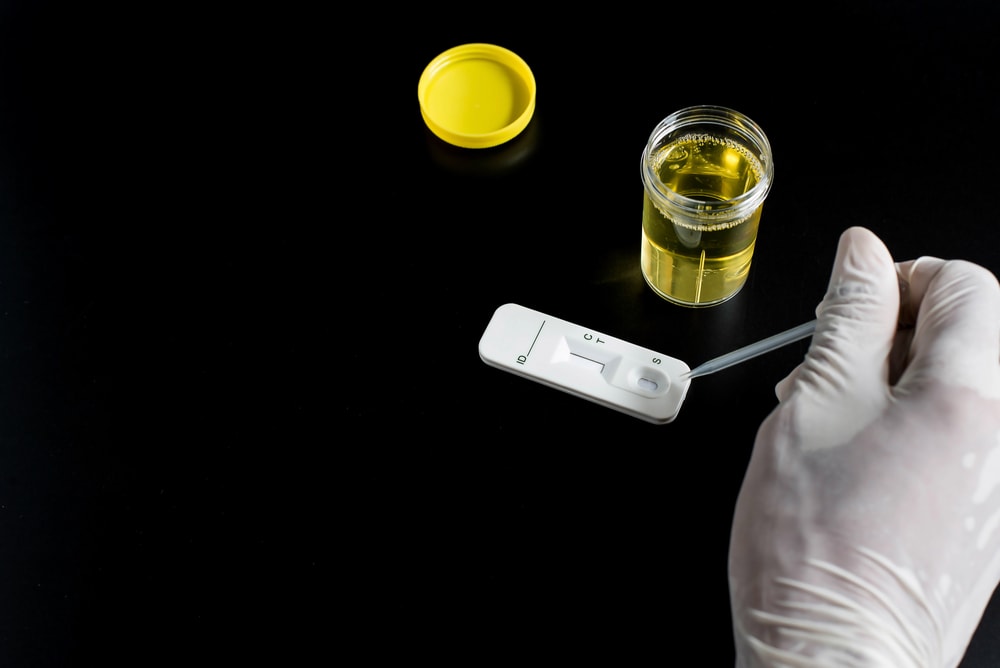
How long does THC stay in urine?
In the context of the detection window for these samples, we can roughly divide cannabis users into three groups:
- First-time smokers. Marijuana will be detectable for 3 days since the last use (one-time consumption).
- Occasional smokers (1-2 times a a month). If light users abstain from cannabis for 5–7 days, it should become undetectable.
- Frequent smokers. Chronic users can show positive results for as many as 180 days or longer.
The urine test is the most common type in use. This is a non-invasive, fairly accurate method that is very easy to adopt in all kinds of settings.
How long does marijuana show up in saliva?
The window in which one may detect marijuana in a person’s oral fluid is very short. Generally, you can only test positive within 24 hours after THC consumption.
Saliva tests are some of the unreliable ones. For instance, breath sprays, mouthwash, or another type of oral rinse that contains alcohol could potentially tamper with the results.
However, swab THC screenings are very easy to collect, which makes them a convenient on-the-go option. If an employer aims to find heavy users, this will suffice. For infrequent users, for example, the oral fluid test doesn’t pose significant risks.
What is blood testing detection time?
The most accurate results come within 1-2 days since the last use. THC metabolites are detectable in the bloodstream within seconds after inhalation. So, blood tests are more suitable for detecting very recent use. Metabolites are broken down at a faster pace to the point of the drug being undetectable.
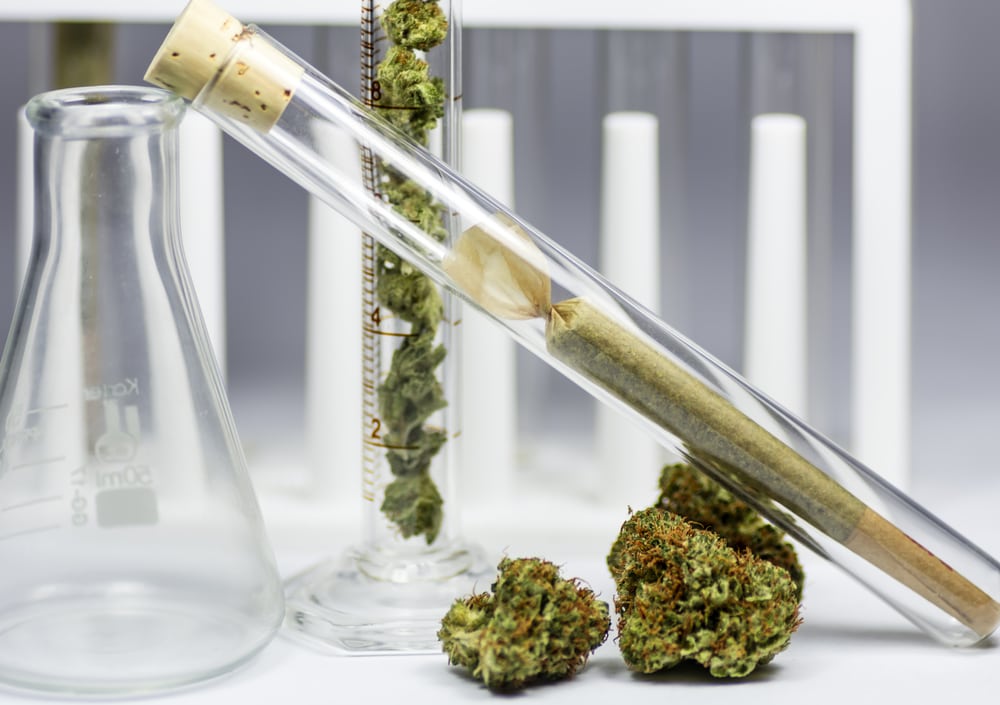
But we should point out that in some cases, marijuana may be detectable for up to 25 days in chronic users. This happens if the lab is looking for the marijuana metabolite THC-COOH.
It’s not as commonly used, certainly not as much as urine sampling. The invasive nature of this type of testing makes most providers turn to other options.
What to expect from a hair follicle test
This screening is the most far-reaching type. Marijuana can be detected in 3 months as well as a 12-month period. It provides a particularly wide range of information, especially on cumulative substance use.
Scalp hair is considered fast-growing. As a result, data on drug use can only go 3 months deep. Slower-growing body hair extends the detection up to a year.
A hair follicle test isn’t often used for marijuana detection. It finds its use for so-called “heavier” substances like cocaine, phencyclidine (PCP), amphetamines, opioids, and 3,4-Methylenedioxymethamphetamine (MDMA).
Factors that influence marijuana detection time
Here are several factors of cannabis consumption that have an effect on whether you pass the test:
Frequency of use. The biggest deciding factor of whether marijuana stays in your system is how often you consume it. The amount of THC is generally higher in longer-term users. So, if you only do it occasionally, it stays in your system for a much shorter time.
Potency. Obviously, cannabis will be detectable for a longer length of time if it’s a potent strain. Over the last couple of decades, THC levels have been on the rise. If you smoke cannabis with a high THC percentage (based on the statistics, it’s very likely), its traces will be detectable longer.
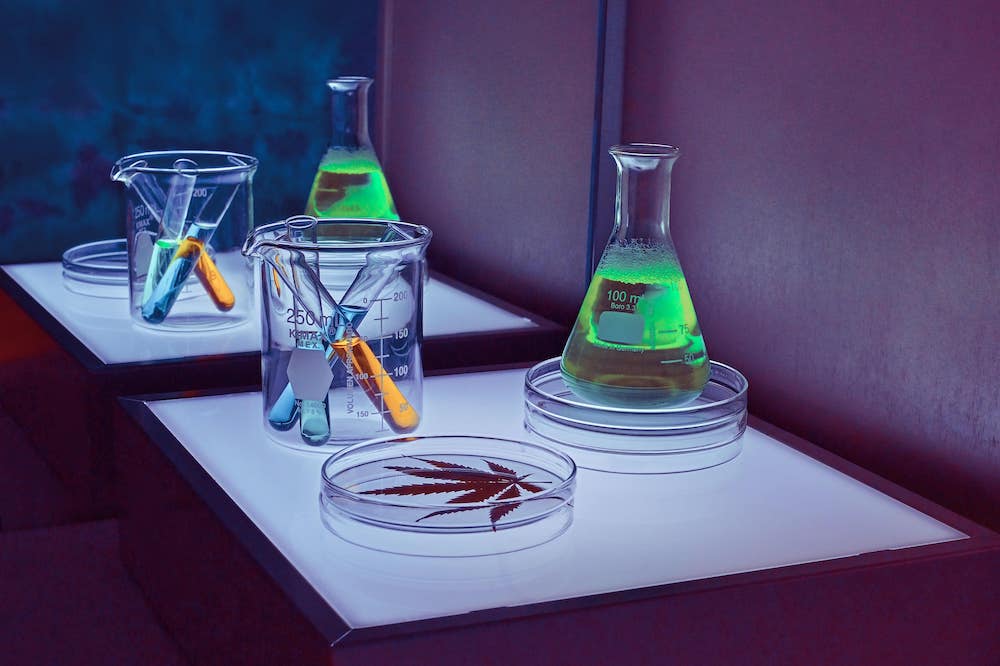
Consumption method. Inhalation causes a much higher concentration of THC. Since the effects kick in within minutes, it wears off more quickly. On the other hand, if you take edibles, the lab is more likely to detect it.
Body fat. THC is stored in fat tissue. Interestingly, it’s detectable in heavy marijuana users’ body fat even after 77 days of drug abstinence. Meaning, the higher your fat percentage, the longer THC remains in your system.
Level of hydration. Both drinking too much or too little water can skew results for weed. This mostly applies to urine tests. Being dehydrated may lead to THC metabolites being more concentrated and result in a false positive. That said, drinking too much water can make your sample come back diluted. So, you’ll need to take the test again.
Exercise and food deprivation. A medically reviewed study shows that either of these activities can enhance the release of THC from fat stores back into the body. In other words, fat-stored THC may cause reintoxication even if you haven’t consumed it in a while.
Metabolism. The time it takes to metabolize the drug is different for everyone. Fast metabolism won’t hide marijuana, but the detection window will be shrunk. Someone with slow a metabolism will walk with THC in the body for longer.
5 tips to pass a drug test
The obvious solution is to do a THC detox. The number of days varies depending on the testing sample. But if you want to know how to get weed out of your system in some other way, we have a few suggestions.
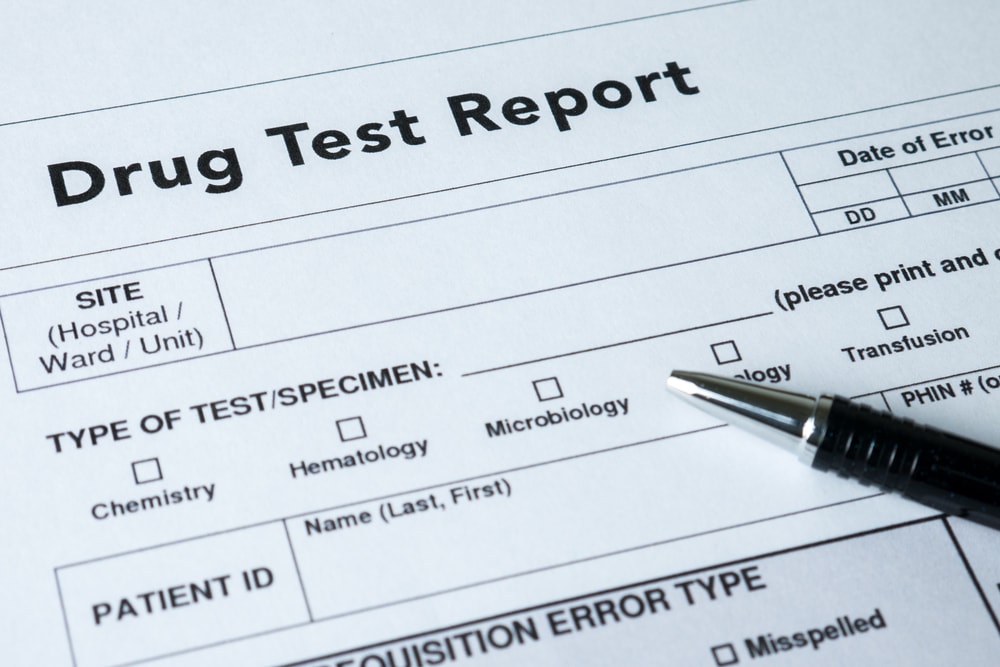
Bear in mind that we’re not giving advice, a diagnosis, or treatment. For medical advice or a diagnosis for marijuana use, please contact a health professional.
#1 Choose the right testing type (if given the option)
If you’ve taken drugs in the last 90 days, try not to take a hair test. Blood and saliva are the best samples if you haven’t consumed marijuana in over two weeks. A urine test, on the other hand, is better for one-time or occasional use.
#2 Delay the time of the test
Regardless of the type of test, time is your friend. If you can control when you’re getting tested, do it later. The more time you can hold off until getting THC tested, the more time the weed has to get flushed out from your system.
#3 Try detoxification methods
Go big on fiber-rich foods, herbal teas, and beverages that act as diuretics for marijuana. This will naturally detoxify your body and help eliminate THC faster.
Some products that help flush weed from your body are:
- Water. Your body releases THC through urine and stool. So, the more you drink, the more likely cannabis byproducts will be leaving your body as a result.
- Healthy fibers (beans, legumes, peanuts, unenriched whole wheat) have a positive effect on your metabolism. As mentioned previously, the faster your metabolism, the quicker there will be less THC in the body.
- Fruits and vegetables. Although most medically reviewed studies on metabolism are focused on weight, we can still draw valuable conclusions from them. For example, diets rich in fruits and veggies are natural detoxifiers and a high-quality energy source.
Try to limit the amount of fat and sugar eaten. Those take tremendous amount of energy to digest – this energy will be useful or detoxing.
#4 Avoid heavy exercise the day before a test
Although this recommendation sounds counter-intuitive, it’s true. Working out may spike THC levels in your bloodstream. The reason is that exercise and food deprivation burn fat – but this is exactly where THC is stored.
You can still move or do light exercises after smoking marijuana if you have at least a week. But don’t go over the board in the days immediately preceding your test.
#5 Know your rights
Get familiar with your country’s marijuana testing policies. Usually, the employer must follow these requirements:
- You must be given a notice about a weed test during the application process.
- Random marijuana checks are usually not allowed unless you’re behaving suspiciously.
- In workplace testing, all employees need to be drug tested using the same method.
If any of these were broken, you have the right to pursue justice.
How long does it take for weed to leave your system?
It takes up to 90 days for THC traces to fully metabolize in your body. This is different from a detection window, which is usually much shorter.
How long does marijuana stay in your urine?
THC metabolites are detectable for only three days after a single use. However, heavy use will trigger the urine test for up to 180 days.
How long does weed stay in your blood?
These tests may detect marijuana for up to 36 hours.
How long does marijuana stay in your system after continuous use?
Frequent users should abstain from cannabis for 180 days if they don’t know the test type in advance. Regular cannabis enthusiasts prefer blood tests since THC is detectable for the shortest amount of time.
How long do edibles stay in your system?
Edibles fall into a 3- to 12-day detection window. But as with any type of THC product or drug screening, results heavily depend on the frequency of marijuana use.
How long does marijuana stay in your hair?
A hair follicle drug test can detect THC metabolites for up to 90 days after consumption. The more often a user consumes weed, the fewer false positives the hair test shows.
Conclusion
Hopefully, this article clearly answers the question “How long does marijuana stay in your system?” for you. Remember that it’s hard to precisely predict detection time. You need to assess all the factors described above (frequency of use, potency, fat percentage, etc.) and prepare in advance. The more you know beforehand, the better your chance of passing will be.
